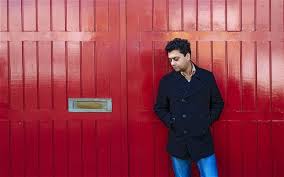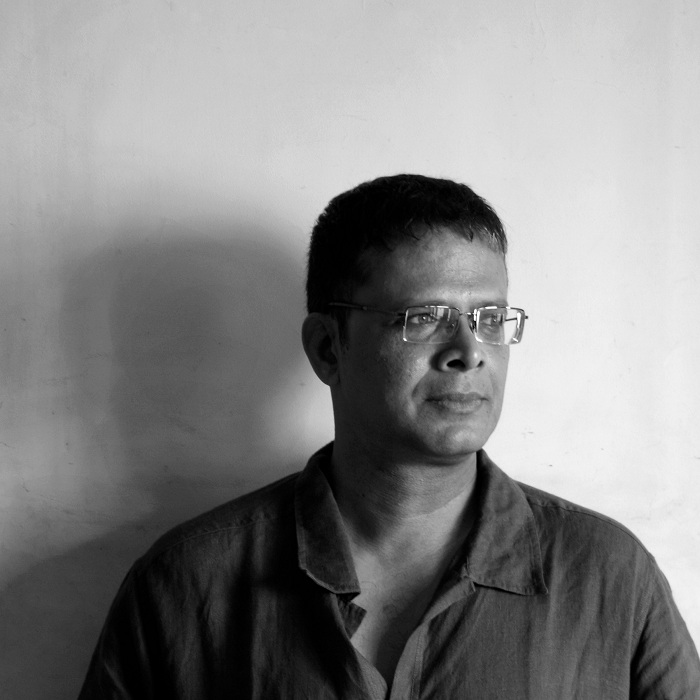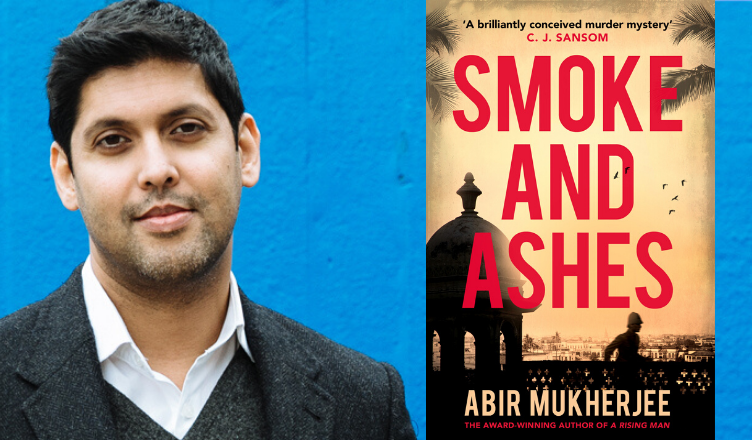‘Imagine building an observatory over St. Paul’s Cathedral?’ A provocative question posed by Amitav Ghosh at the National Book Festival, in D.C. Ghosh was replying to a question posed by Bilal Quershi, a reporter with the National Public Radio at an event in Washington D.C. on his new and fascinating book Gun Island. He also referred to Mauna Kea in Hawaii where a giant telescope is being built. The indigenous elders were protesting about it as the mountain is sacred to them. The recent mourning ceremony for the melted glacier in Iceland was another one he mentioned. Some of the Western world is giving little regard to ancient wisdom and polluting our planet with scant regard to the future, Ghosh reiterated, and this was a basis for his new book on climate change
Labour Day Weekend in Washington D.C is special because the Library of Congress holds the biggest National Book Fair every Year on the Saturday of the Weekend. This year it was even bigger than ever. Hundred thousand people queue around for hours before it opens. To give an idea of the scale, imagine a hall holding five thousand people to listen to an author. I was at the whole day event and the highlight was listening to Justice Ruth Bader Ginsberg who at 86 and having had a cancer chemotherapy the week before was sharp as a tack and was totally engaging and inspiring to listen to.
I could not miss Amitav Ghosh’s conversation with Qureshi. I’ve been an ardent fan of his work for years. I loved his ‘Ibis trilogy’. His deft handling of language and prose in each of his work is admirable but this new book Gun Island is an incredible adventure with an eye on climate change, and the refugee crisis through myth, legend and history. It can’t be defined by one genre. The book opens with the protagonist Deen Datta, a rare books dealer in New York, starting a journey because of the word Bundook (a rifle). He goes to Kolkata and is swept away to the Sundarbans chasing the myth of ‘Bonduki Sadagar’ (Gun Merchant) and Manasi Devi, the Goddess of snakes. The incomplete tale that he hears at the shrine of the Goddess takes him on a journey that also includes the riverine city of Venice. Some of the characters of the Hungry Tide make their appearances (Bose, Moyna, Piya, the cetologist,) in this book. Travelling across the globe he confronts the worsening of climate change crisis from wild fires, tornadoes to poisonous creatures.
Three years ago Ghosh wrote the non-fiction essay ‘The Great Derangement’ on climate change and the need for writers to address climate change and urge governments and people to take action. In Gun Island, Ghosh has set himself to write an ‘environmental’ novel with reality, fantasy, magic, history and etymology. This has twisted this tale into almost set pieces and sometimes loses pace and the characters feel a bit too flat. But the sheer energy the timely questions of migration, the effects of climate crisis on the worlds’ poorest makes riveting reading. The research is meticulous. The scene of comparing the two cities of Varanasi and Venice which makes one ‘aware of mortality’ is fascinating. Many references that range from Tarantism, Aztecs to Catholic Inquisition, makes for heavy reading and loses the narrative edge.
I loved the Venetian academic, Cinta’s character. She is Deen’s intellectual and emotional mentor. This paragraph sums it up.
“You mustn’t underestimate the power of stories. There is something in them that is elemental and inexplicable. Haven’t you heard it said that what makes us human, what separates us from animals, is the faculty of storytelling? But what if the truth were even stranger? What if it were the other way around? What if the faculty of storytelling were not specifically human but rather the last remnant of our animal selves?”
Gun Island a speculative fiction, a magical realism or a book that addresses the real and imminent danger of climate change that has been brought to the world’s stage by activists like Greta Thunberg and Extinction Rebellion. With his mastery of prose, Ghosh has woven a novel, that as art, responds to the issues that the world must confront today.
Leela Soma was born in Madras, India and now lives in Glasgow. Her poems and short stories have been published in a number of anthologies, publications. She has published two novels, Twice Born (You Right On 2008), Bombay Baby (Dahlia Publishing 2011), A short story collection Boxed In (Pot Hole Press2018) and two collections of poetry From Madras to Milngavie (2006) Tartan & Turmeric (2018). She has served on the Scottish Writers’ Centre Committee and is now in East Dunbartonshire Arts & Culture Committee. Some of her work reflects her dual heritage of India and Scotland.


